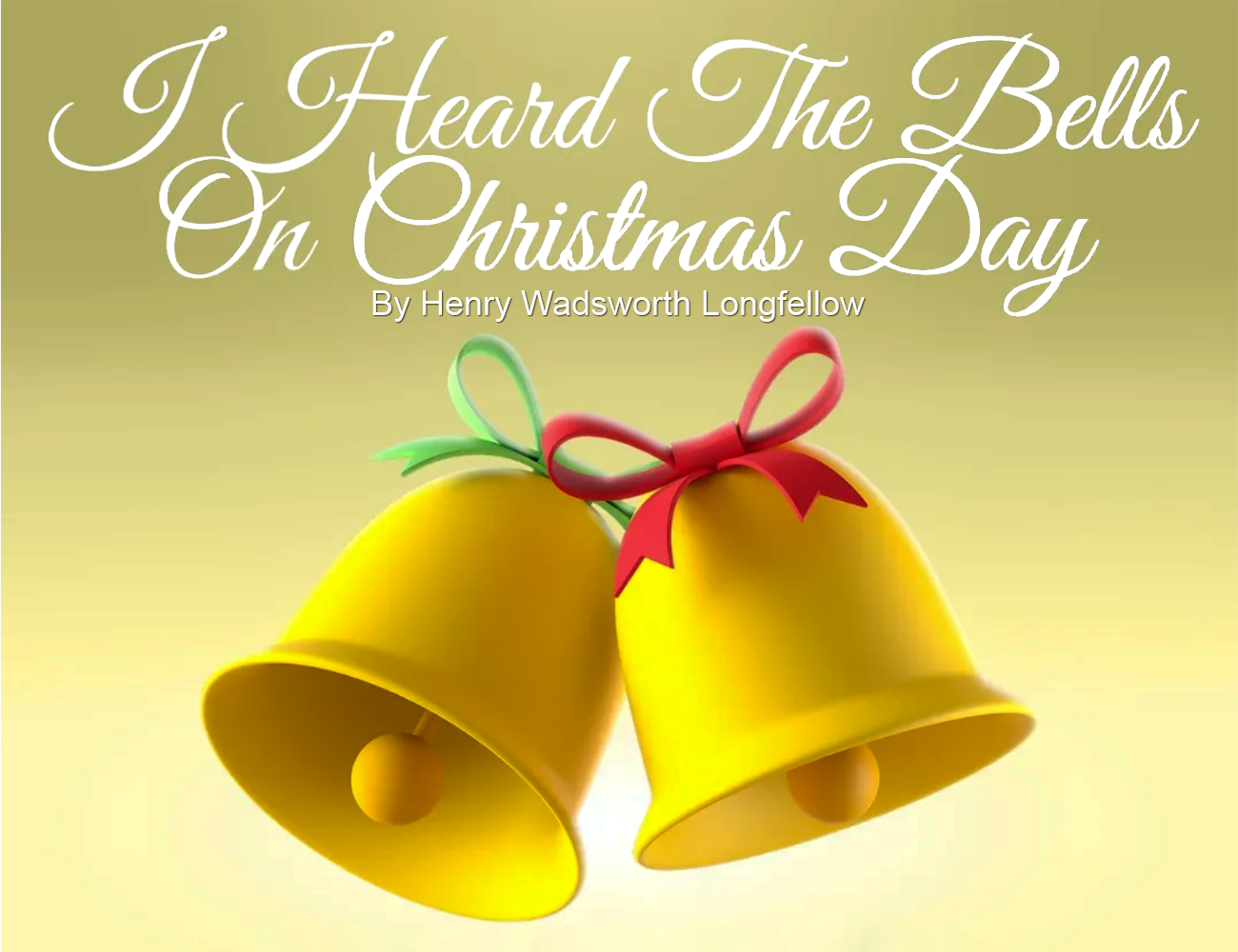Kerby Anderson
During the Christmas week, I like to revisit some of the Christmas carols we sing at this time of year. In this case, I not only want to talk about one of those songs, but also point you to a film that gives you the back story.
Henry Wadsworth Longfellow was known as America’s poet, and is known for the song, “I Heard the Bells.” His story is faithfully told by the ministry, Sight & Sound, which is best known for their live theater productions. “I Heard the Bells” was their first-ever theatrical release shown in theaters December 2022. It is now available for you to purchase or stream into your home.
His song came at the end of tragedy. In 1861, two years before writing this poem, his life was shaken when his wife was fatally burned in a fire. Her dress caught on fire, and he tried to extinguish the flames as best he could. She died the next morning, and his facial burns were so severe he couldn’t even attend her funeral.
He grew a beard to cover his burns, and often feared he would be committed to an asylum due to his grief. His oldest son Charles joined the Union Army without his father’s blessing. After the Battle of Chancellorsville, he fell ill with typhoid fever and was sent home to recover. He was able to rejoin his unit and was severely wounded at the Battle of New Hope Church, Virginia.
Longfellow, a widowed father of six children, the oldest nearly paralyzed, reflected not only on his grief but a country fighting a war against itself. He wrote a poem to capture the dissonance in his own heart and the world around him, as he heard the Christmas bells.
This Christmas season, we need to reflect on the hope we have in Christ even in the midst of trials and tragedies that surround us.
 Listen Online
Listen Online Watch Online
Watch Online Find a Station in Your Area
Find a Station in Your Area










 Listen Now
Listen Now Watch Online
Watch Online
